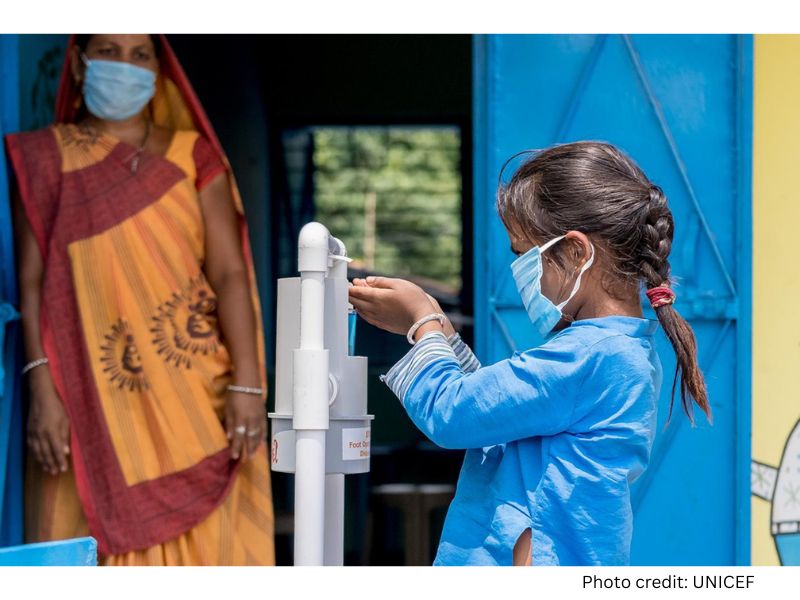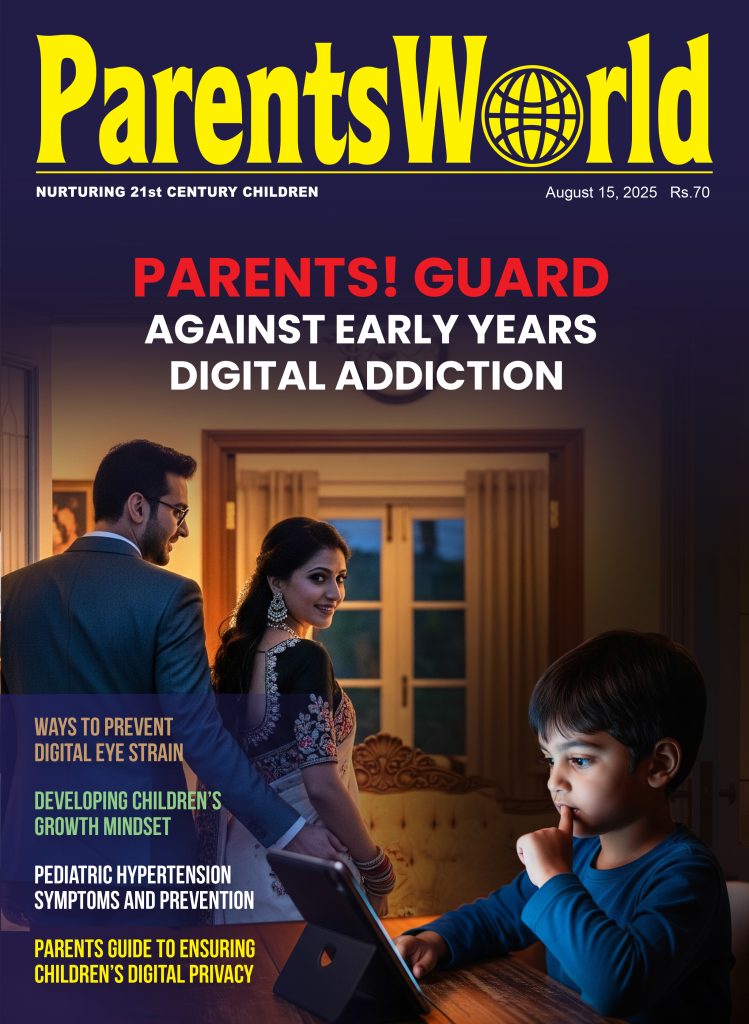Karnataka residential schools step up hygiene checks after rise in skin infections among children
A recent surge in skin infections among children at government-run residential schools has prompted the Karnataka Residential Educational Institutions Society (KREIS) to intensify hygiene measures and medical check-ups across its schools.
The society operates 821 institutions across Karnataka primarily catering to students from underprivileged backgrounds, providing free education for students from grades six to 12.
The measures came after some officials reported that children in various districts had been experiencing itching, especially on their hands and legs, over the past few months, with the latest incidents occurring in two residential schools in Chikkaballapur district.
“Although we haven’t observed any serious conditions, some children have complained of itching. Given that each school has about 250 students, we took the matter seriously to prevent it from spreading. We have staff nurses in the schools who work with doctors at local primary health centers (PHCs) to treat the children,” said Kantharaju PS, Executive Director of KREIS. He explained that the skin issues were likely due to poor hygiene among the students.
The itching complaints were mainly from children with sensitive skin, who, being young, often forget to maintain clean bedding or wash their hands and legs after outdoor activities. To ensure that hygiene is strictly followed, KREIS has appointed one teacher or staff member for every 20 to 25 students as a “master guide.”
“We’ve issued a circular to all schools to enforce these hygiene practices. We believe that, combined with our medical interventions and regular check-ups, we can prevent the spread of skin irritations,” Kantharaju added. A recent report from the joint house committee suggested that the Department of Health and Family Welfare Services (DHFWS) should conduct dermatological check-ups at least two to three times a year in residential schools. The committee highlighted the high occurrence of infections among students and recommended providing necessary medications.
DHFWS officials, who conduct health check-ups under the Rashtriya Bal Swasthya Karyakram (RBSK), pointed out that skin issues like fungal infections, scabies, and eczema were common among hostel children due to poor hygiene and nutritional deficiencies in the hostels. “We are addressing these problems,” said Harsh Gupta, Principal Secretary to the Government, DHFWS. However, Kantharaju refuted some of these claims, stating that the children had not developed rashes, which are a typical symptom of conditions like scabies and eczema.
Source: Times of India



















Add comment